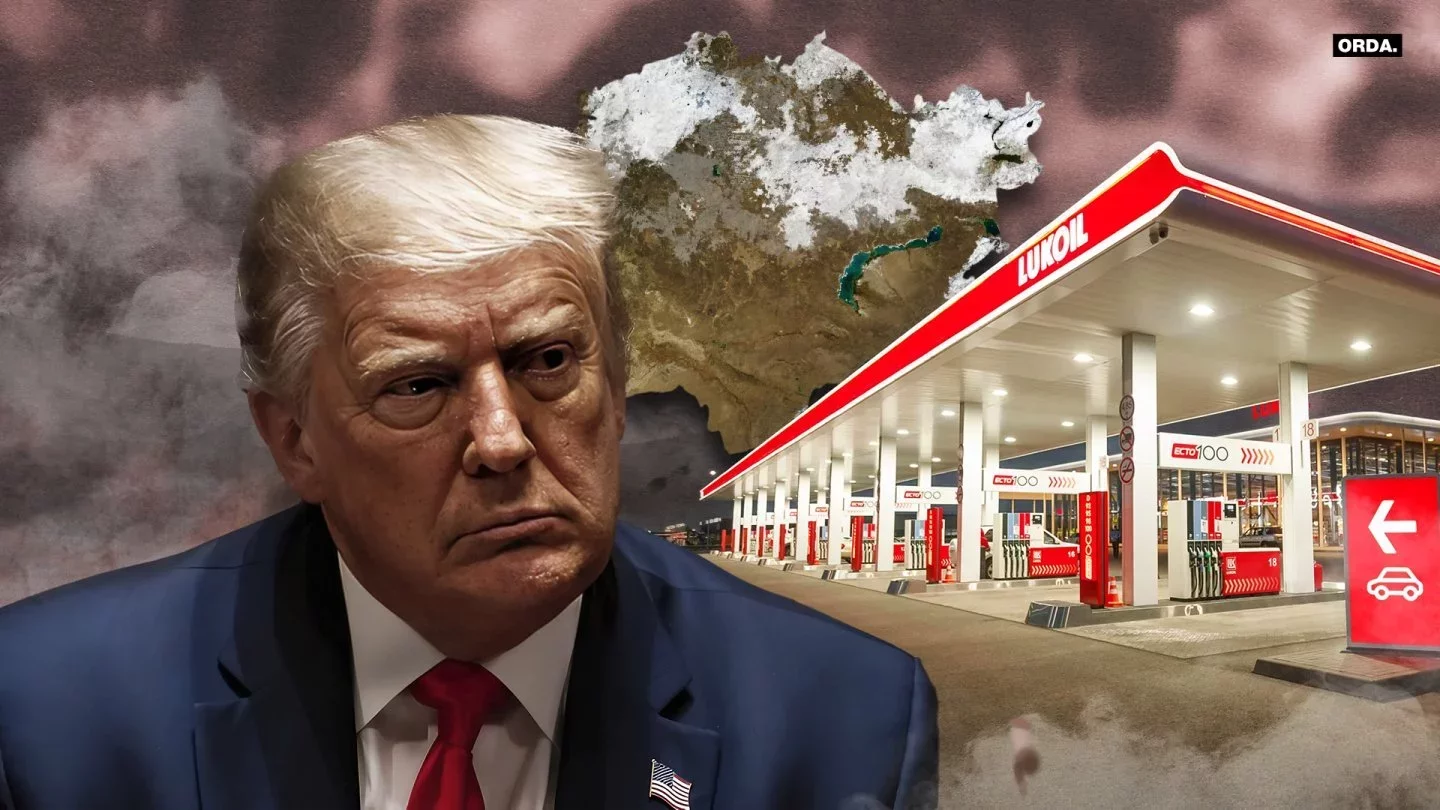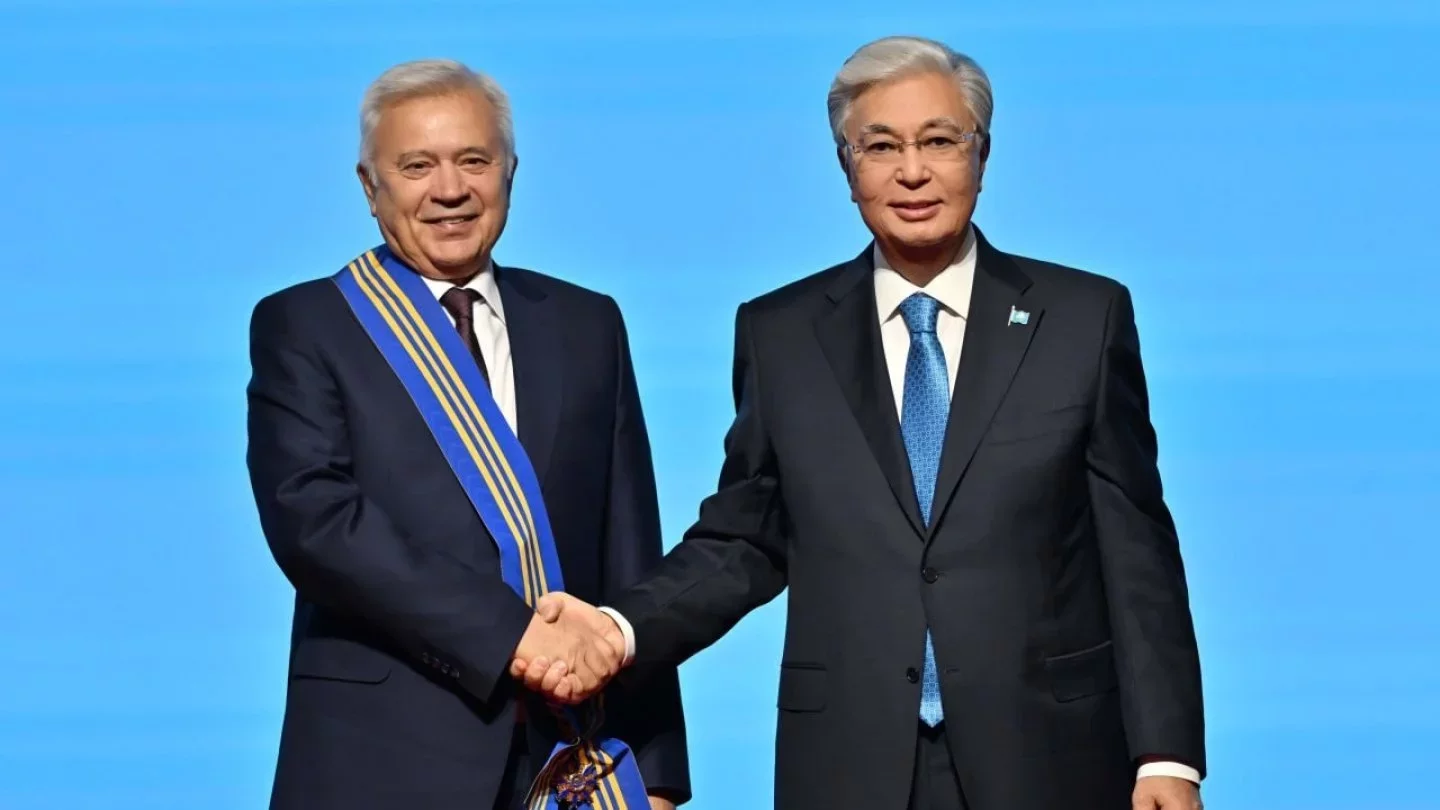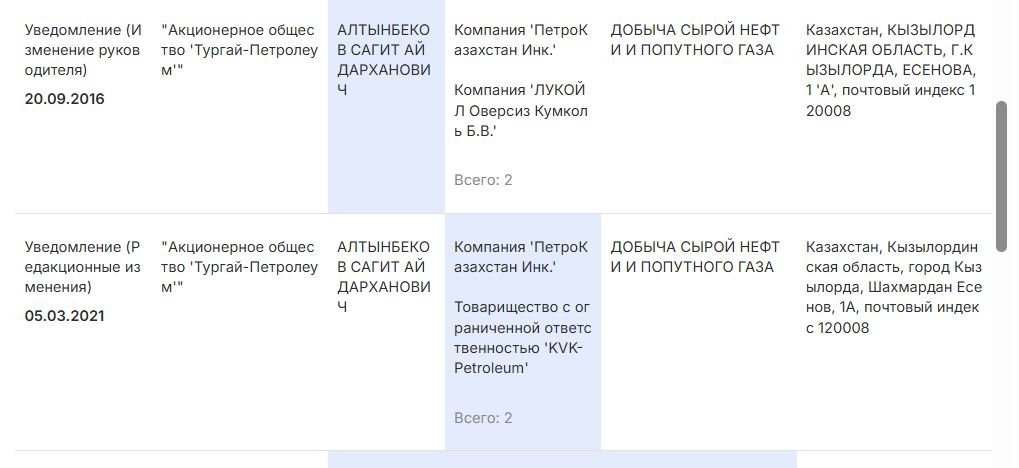How Trump’s New Sanctions Against Russia Could Affect Kazakhstan
 Photo: Orda collage
Photo: Orda collage
Donald Trump announced that he would not meet with Vladimir Putin and was imposing new sanctions against Russia.
This marked the first sanctions package of Trump’s second presidential term in 10 months. The measures target two of Russia’s largest oil companies — Rosneft and Lukoil. While the restrictions on Rosneft have limited implications for Kazakhstan, those against Lukoil could have a direct impact, Orda.kz reports.
Following Through?
Trump had long threatened to impose sanctions against Russia, even issuing ultimatums several times. This time, however, the decision came abruptly and unexpectedly. Just a week earlier, the American president had declared his readiness to meet with Putin in Budapest. And yesterday, he announced sanctions against Rosneft and Lukoil:
"Due to Russia's lack of serious commitment to the peace process aimed at ending the war in Ukraine."
A Caveat?
In addition to Rosneft and Lukoil, the U.S. Treasury’s sanctions list includes more than 30 subsidiaries of the two Russian oil giants — all Russian entities. However, the release also contains a key caveat:
All companies 50% or more of which are owned, directly or indirectly, by Rosneft and Lukoil are blocked per Executive Order 14024, even if they are not included in the Ministry of Finance’s sanctions list.
This raises the question: Will the sanctions affect Kazakhstan?
Experts Weigh In
Lukoil holds stakes in several oil projects in Kazakhstan. The company’s importance to the country is underscored by the fact that on October 14, President Qasym-Jomart Toqayev personally attended the celebration of Lukoil’s 30th anniversary in Kazakhstan, during which Lukoil President Vagit Alikperov received the Order of Barys, First Class.

According to business analyst Abzal Narymbetov, major projects such as Karachaganak, CPC, and Tengiz are exempt from sanctions because Lukoil’s stakes in them are below 50%.
However, one significant project may fall under restrictions: Kalamkas-Khazar Operating LLP, which develops three fields in the northern Caspian Sea.
As is known, Lukoil owns 50% of the Kalamkas-Khazar Operating LLP joint venture with KazMunayGas. The final investment decision (FID) for the project to develop the Kalamkas-Sea and Khazar offshore fields was expected in December 2025, wrote oil and gas expert Oleg Chervinsky on Facebook.
Entrepreneur and Kazakhstan Association of Minority Shareholders board member Yerkanat Abeni also noted that, in addition to Kalamkas-Khazar, several other companies could be affected:
LUKOIL Apstrim Kazakhstan is a local subsidiary/operating structure of LUKOIL in Kazakhstan (fuel stations/local services/participation in projects). LUKOIL Overseas/LUKARCO/LUKOIL Overseas Karachaganak BV are foreign joint ventures/legal entities through which LUKOIL holds interests in major Kazakhstani projects,
lists Abeni.
He also mentioned Turgai Petroleum JSC, which operates the Kumkol field, as another company half-owned by Lukoil.
However, according to Kompra.kz, Lukoil’s subsidiaries have not been among Turgai Petroleum’s founders since 2021. The foreign ownership currently listed belongs to PetroKazakhstan Inc., registered in Calgary, Canada.

The same U.S. Treasury release also outlined how sanctions violations could affect foreign organizations:
Violations of U.S. sanctions may result in civil or criminal penalties for U.S. and foreign nationals. Foreign financial institutions that conduct or facilitate significant transactions or provide any services related to the Russian military-industrial base, including those blocked under Executive Order 14024, risk being subject to Treasury sanctions.
Original Author: Igor Ulitin
Latest news
- Tokayev Meets U.S. Ambassador Stufft, Discusses Board of Peace Cooperation
- Mangystau Launches AI-Assisted School Monitoring to Prevent Teen Suicidal Behavior
- Kazakhstan to Supply UK With Critical Minerals
- AI Faculties for Educators to Open in Kazakhstan: What Other Changes Are Coming to the Education Sector
- There Are Medals — But Not Enough Ice: What’s Happening to Figure Skating in Kazakhstan
- Is Kazakhstan’s Nuclear Power Plant Project at Risk After New UK Sanctions? Rosatom Responds
- Prosecutor General’s Office Suspends Extradition of Navalny Ex-Staffer Detained in Almaty
- Former EBRD Executive Jürgen Rigterink Elected as New Independent Director on Bank RBK’s Board of Directors
- Kazakhstan Near Bottom of Retirement Comfort Ranking
- Kazakhstan to Open New International Flights Across Asia, the Middle East and Europe
- Foreign Experts Paid 47 Times More Than Local Scientists in Kazakhstan
- Almaty Utility Services Clear Streets for Fourth Time After Continuous Snowfall
- The Deputy Calls for Checks on Kazakh Officials Named in Epstein Files
- Su-30SM Fighter Jet Crashes Near Karaganda
- School Smartphone Restrictions May Expand Beyond the Classroom
- US warns Ukraine against strikes affecting CPC oil exports
- Kazakhstan and Austria Agree on Readmission of Illegal Migrants
- Digital Rating for Military Commanders Proposed in Kazakhstan
- Smartphones and Nap Time: Ministry Proposes Easing Rules for Convicts
- Company Managing Russia’s CPC Stake Hit by UK Sanctions

